Axar.az presents the article "Russia feels comfortable with the South Caucasus' New Reality" by Andrew Korybko.
The speculation that Russia wouldn't feel comfortable with the new reality in the South Caucasus was debunked following the visits of Defense Minister Shoigu, Foreign Minister Lavrov, and several other high-level Russian officials to Armenia and Azerbaijan last week. Their trip was highly successful and coincided with important remarks made by President Putin and his foreign spy chief Naryshkin on the aftermath of the conflict. Taken together, it can be confidently asserted that Russia feels very comfortable with the new reality in the region and doesn't regard it as a threat to its interests unlike some observers had wrongly predicted.
The Russian leader held an extended interaction with the press last week where he ominously predicted that any resumption of hostilities on Armenia's part as some of its ultra-nationalist members of the domestic opposition are braying for “would be suicidal”. Naryshkin chimed in around the same time with a separate statement accusing Western intelligence agencies of seeking to exploit such ultra-nationalist sentiment for the purpose of dividing and ruling the region. Analyzed back to back, these two decision-makers basically warned Armenians against committing national suicide by Azerbaijan's hand at the behest of foreign powers.
This was followed up by the much more positive development of the earlier mentioned Russian delegation visiting both formerly warring parties. While in Baku, Lavrov reaffirmed Russia's position that Armenia and Azerbaijan have the right to choose their foreign policy partners, echoing what President Putin earlier touched upon during his press conference a few days prior too. In fact, the Russian Foreign Minister specifically said that “Turkey is a real factor in the region, and not only in this particular region. Turkey is our partner in many fields.” This put to rest the speculation that the two Great Powers are competing for influence in the South Caucasus.
The new reality that's rapidly emerging is such that Russia and Turkey acknowledge each other's historical interests in the South Caucasus and actually regard the region as a point of convergence between them instead of a zone of competition. It's not just in the diplomatic or military realms that this is relevant either since the economic one might soon become even more important than both of them. President Aliyev expressed hope over the weekend that his attempt to improve relations with Armenia will be reciprocated and lead to what he described as “a new situation in the region in terms of strengthening stability and security.”
Should this enter into practice with time, then Armenia might finally be removed from its self-imposed isolation that its people have suffered from for nearly three decades already as a result of their leaders' regional policy of aggression. The improvement of bilateral relations with Azerbaijan and eventually also with Turkey as well could unlock the country's connectivity potential. There are already plans to build a railway between Turkey and Nakhchivan, which could, in theory, be extended to the rest of Azerbaijan through the trans-Armenian commercial corridor that's being established as a result of the Russian-mediated peace agreement.
It would be in Armenia's objective national interests to see to it that the rest of the country is included in these plans, but that can only happen if Yerevan reconciles with its neighbours by regaining their trust after officially disowning its history of regional aggression. The best-case scenario is that Armenia reaps the fruits of this new regional economic reality by becoming a key node in Azerbaijan's larger trans-Eurasian connectivity plans. Baku already facilitates East-West trade between China and Turkey via the Middle Corridor between them across the Caspian and Central Asia, as well as Russian-Indian trade through the North-South Transport Corridor (NSTC).
Armenia had hitherto been left out of these projects because it refused to reconcile with its neighbours and continued to illegally occupy Azerbaijan's universally recognized territory, but it now stands a chance of integrating into these projects so long as its leadership has the political will to do so. The landlocked state is in desperate need of an economic revival to stem the massive outflow of its citizenry and bring much-needed development to this chronically impoverished country. Remaining regionally isolated might end up being just as suicidal for the Armenian state over the long term as restarting the war with Azerbaijan.
Considering just how successful the Russian delegation's trip to Armenia and Azerbaijan was, and keeping in mind what President Putin and Naryshkin said earlier last week, there's no doubt that Moscow is in full support of the new regional reality that was described in this analysis. It's in Russia's interests to see peace and prosperity prevail in the South Caucasus, which can be best upheld by integrating Armenia into Azerbaijan's trans-Eurasian connectivity projects, but only upon Yerevan's sincere reconciliation with its neighbours. This outcome would indeed be the most optimal for the region's people and the rest of the world at large too.




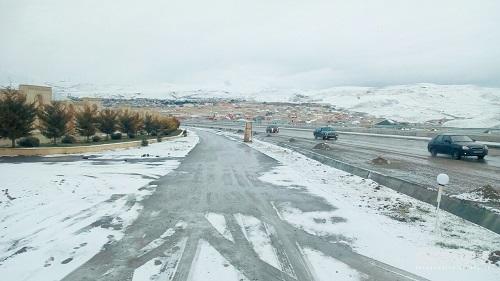
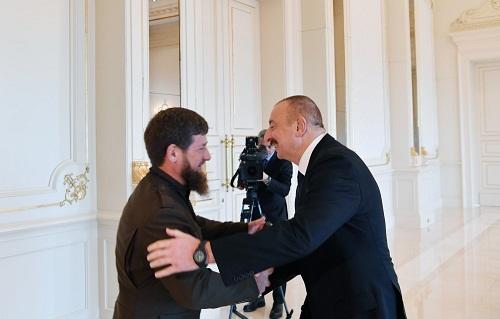

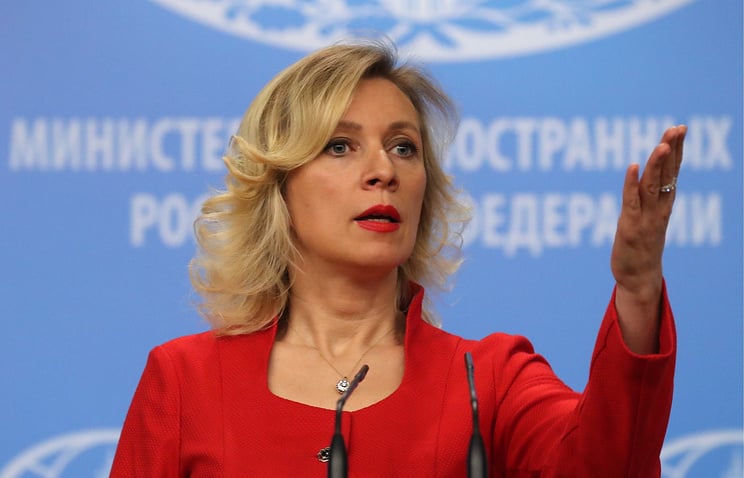
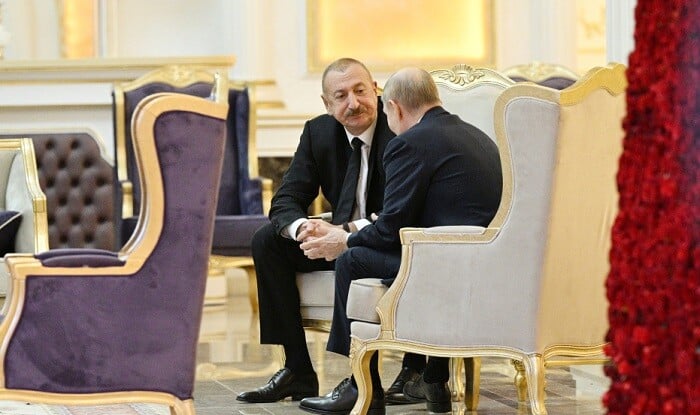
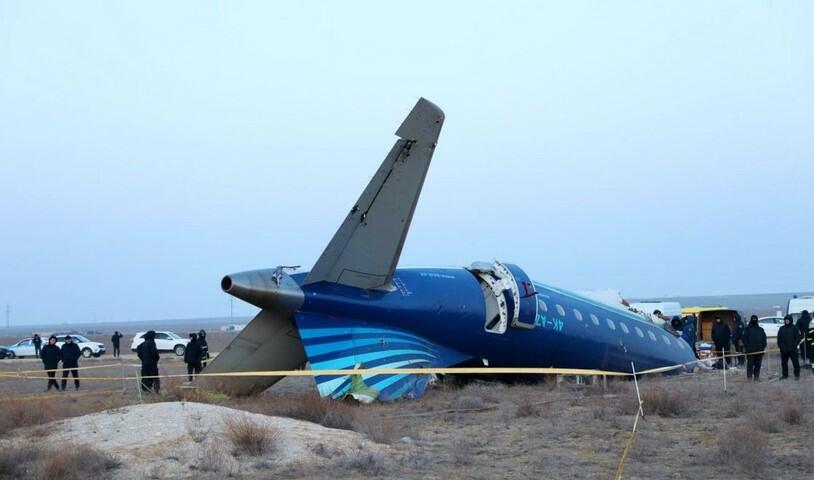
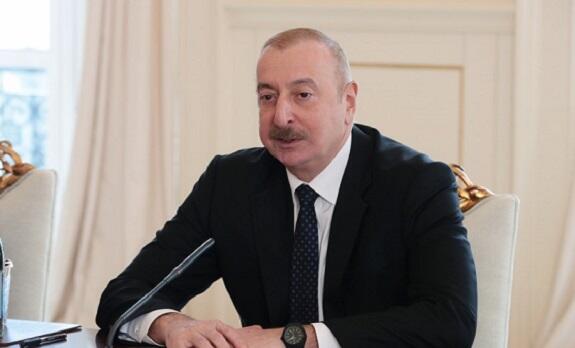
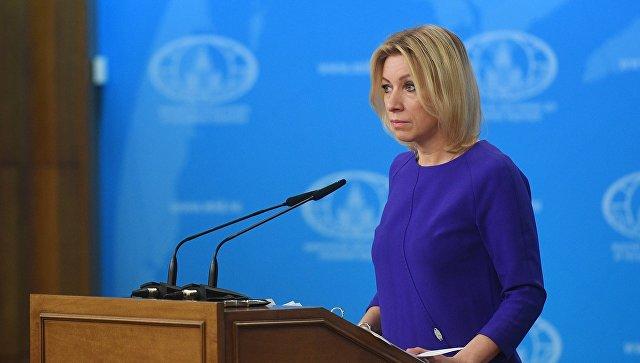
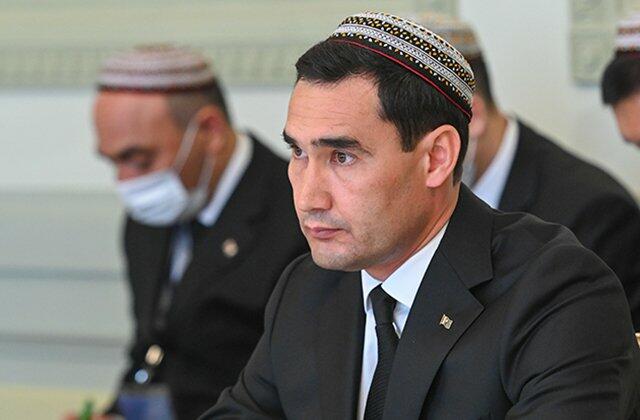
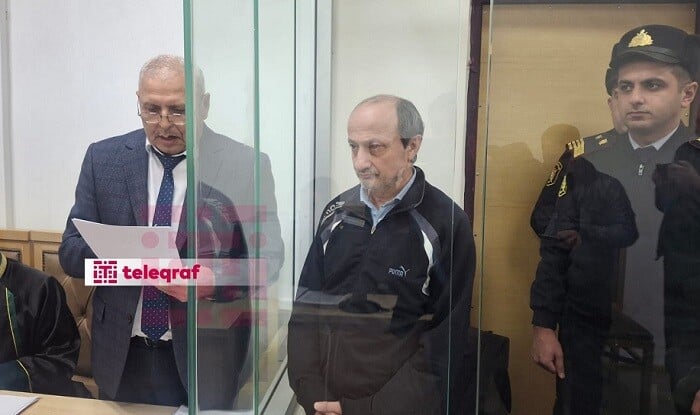
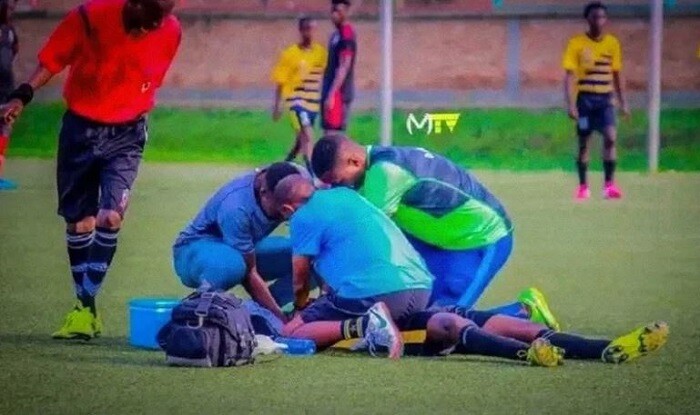
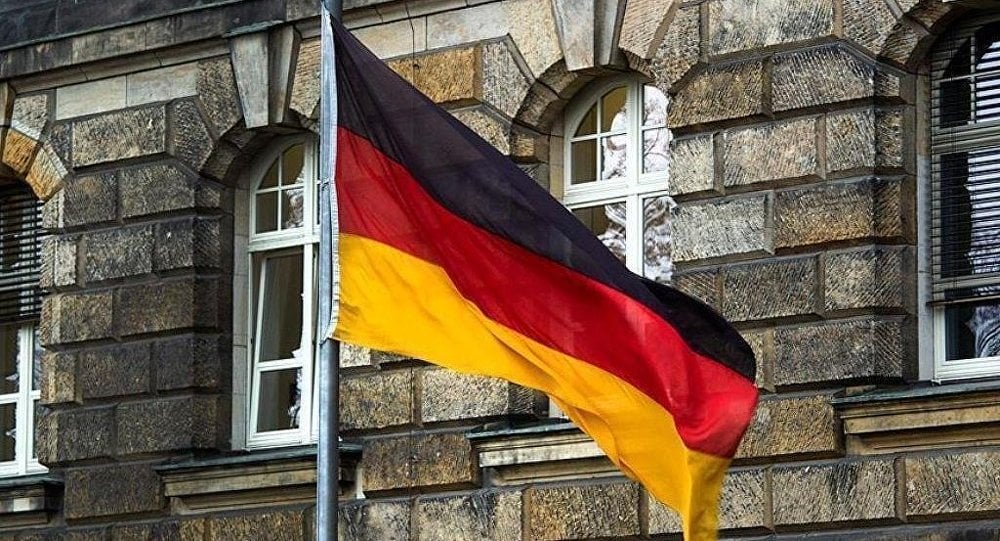
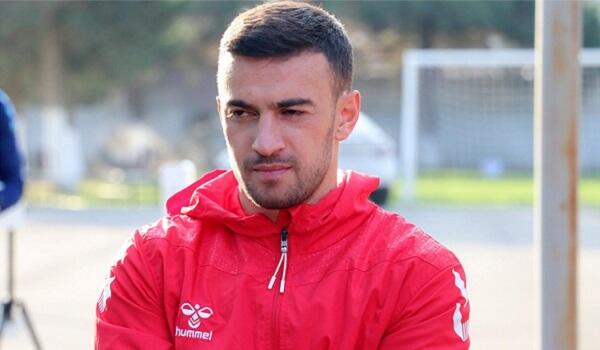




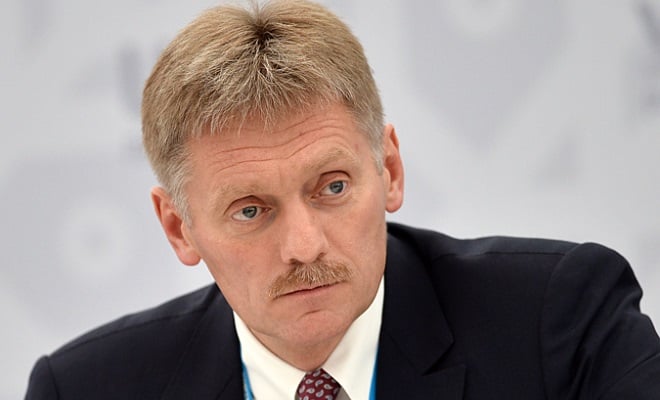

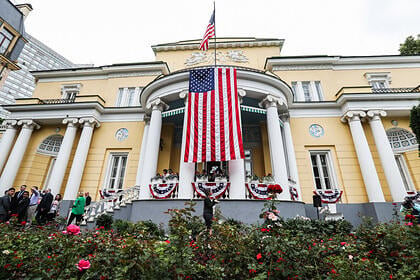

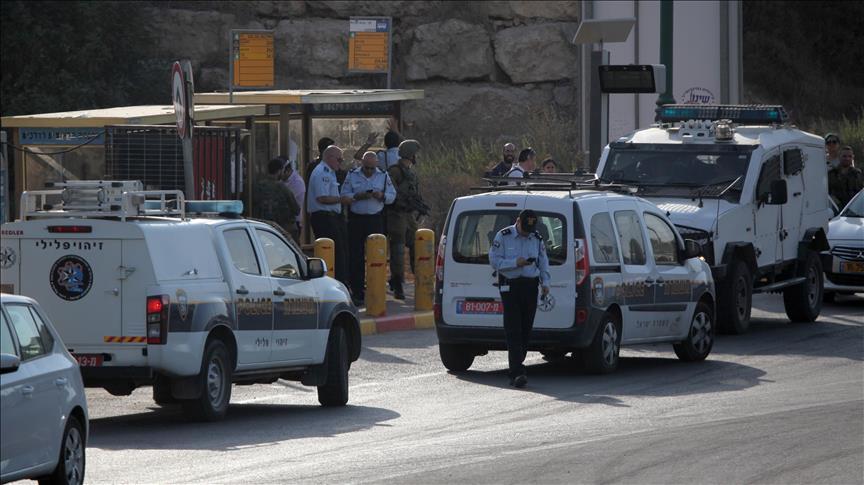
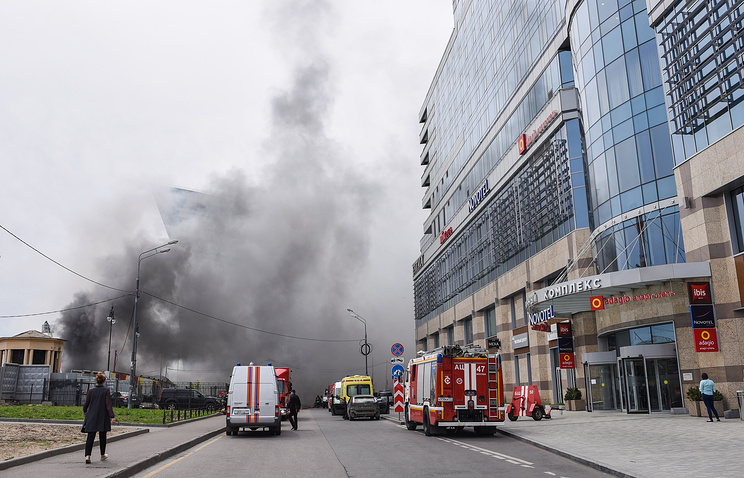


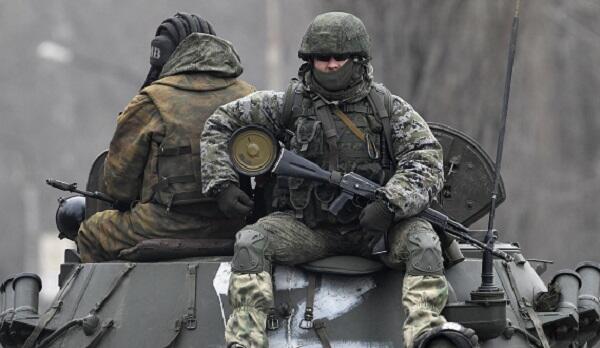
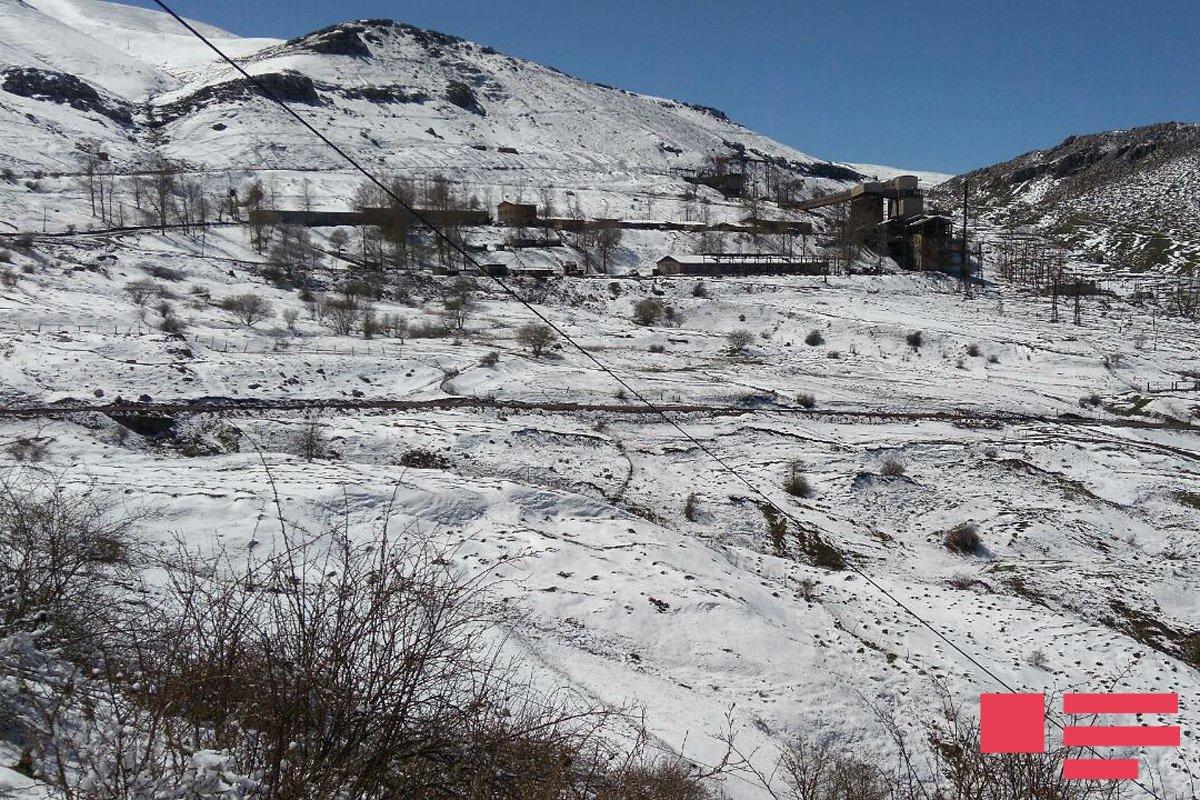













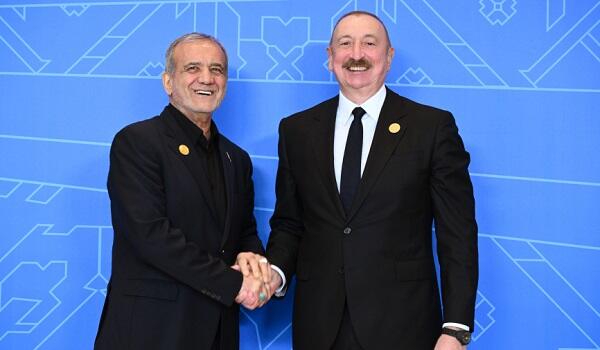

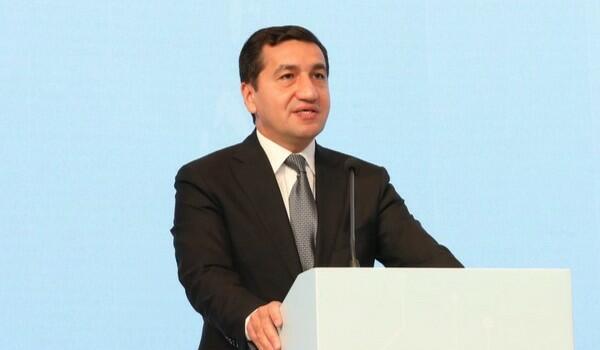
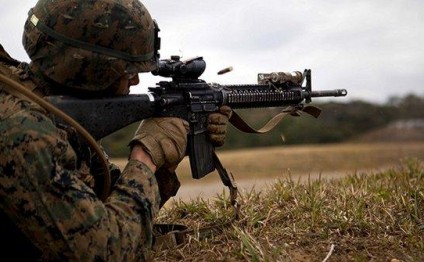
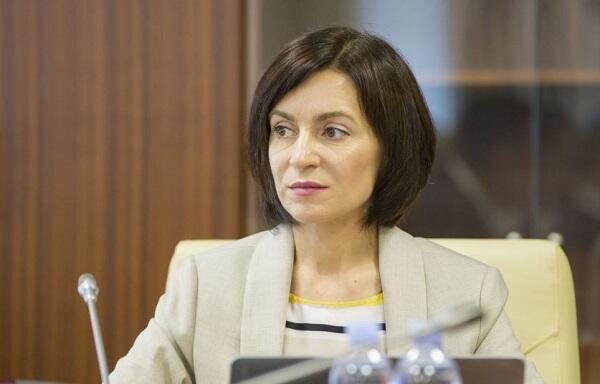
.jpg)
